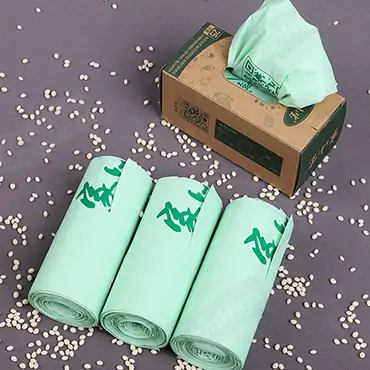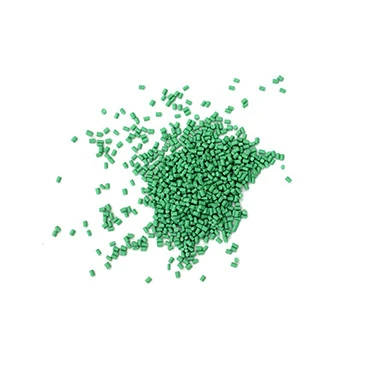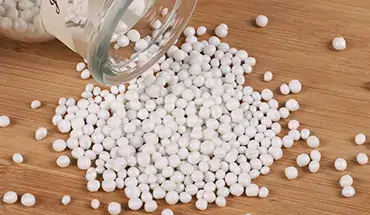Introduction
Plastic pollution has become a pressing global issue, and the food industry is a major contributor. Common plastic bags, once ubiquitous in supermarkets and grocery stores, are slowly being replaced by more sustainable alternatives. One such innovation is compostable produce bags. These eco-friendly packaging solutions offer a range of benefits for both businesses and the environment.
This post delves into the benefits of compostable produce bags and advocates for their widespread adoption.
What are Compostable Produce Bags?
Compostable produce bags are designed to package fresh fruits and vegetables. These bags are typically made from plant-based materials. Under the right conditions of temperature, humidity, and microbial activity in composting facilities, they can decompose into water, carbon dioxide, and biomass. The resulting compost soil is fertile and free of heavy metals or harmful residues, promoting healthy plant growth.
The most common materials used in compostable bags include:
Polylactic Acid (PLA): A biodegradable thermoplastic derived from renewable resources like corn starch.
Polybutylene Adipate Terephthalate (PBAT): A biodegradable thermoplastic that mimics the properties of conventional plastics.
To ensure a product is truly compostable, it must be certified by international authorities. Relevant certifications include BPI Certified Compostable, TUV Ok Compost, and DIN CERTCO according to the EN 13432 standard.
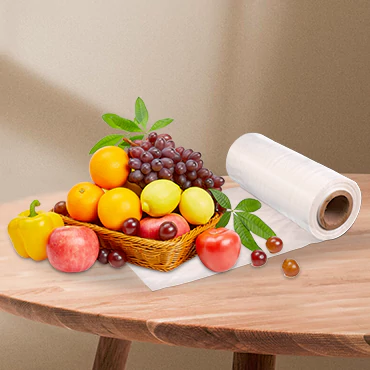
Different Styles of Compostable Produce Bags
Compostable produce bags come in various styles to suit diverse needs:
-
Stand-Up Pouches
These bags offer excellent product visibility and shelf appeal. They are ideal for packaging smaller quantities of produce, such as berries or herbs.
-
Flat Bottom Bags
These bags are easy to use and commonly used for bulk produce and pre-packaged portions.
-
Side Gusset Bags
The side gusset structure allows for expandable sides, making them perfect for packaging irregularly shaped produce like potatoes or onions.
Benefits of Compostable Produce Bags
-
Environmental Impact
By transitioning to compostable bags, we can significantly reduce the use of conventional plastic bags. This eco-friendly shift contributes to plastic pollution reduction and lowers our carbon footprint. Additionally, the composting process transforms waste into nutrient-rich soil, enriching the soil and protecting groundwater.
-
Food Freshness and Quality
Compostable produce bags possess breathable properties that prevent mold and spoilage of fresh food. Storing food in these bags helps control moisture levels, maintaining optimal freshness. These innovative packaging solutions can replace conventional food containers, offering a lightweight and cost-effective storage option.
-
Consumer Appeal
Compostable produce bags represent a significant step towards sustainable packaging. They align with the growing trend of sustainable consumerism in our environmentally conscious world.
By using these biodegradable bags, supermarkets, farmers’ markets, and retailers can showcase their commitment to a sustainable economy, enhancing their brand image and fostering customer loyalty.
Application Scenarios
Biodegradable compostable fruit and vegetable bags are widely used across the food industry due to their practicality and sustainability.
-
Supermarkets and Grocery Stores
As plastic bans continue to be implemented, plastic bags are becoming less common on supermarket and grocery shelves and at checkout counters. Store owners are adopting sustainable packaging strategies, including switching to biodegradable compostable bags. For bulk fruits and vegetables, compostable produce bags on rolls are often placed near the shelves.
-
Food Distributors
Food distributors can significantly enhance supply chain sustainability by utilizing compostable produce bags. These eco-friendly packaging solutions minimize plastic waste generated during food transportation and storage. Additionally, they streamline waste management processes by enabling easy disposal in industrial composting facilities. By adopting compostable bags, distributors can demonstrate a commitment to environmental responsibility, attracting eco-conscious consumers and businesses. Moreover, this practice aligns with increasingly stringent environmental regulations and industry standards, ensuring long-term sustainability.
-
Farmers’ Markets
Farmers’ markets are embracing compostable produce bags to align with their commitment to local, sustainable food systems. By using these eco-friendly packaging solutions, farmers and vendors can minimize plastic waste and promote a circular economy.
Additionally, these sustainable packaging options attract eco-conscious consumers, enhancing brand image and improving customer experience. By choosing compostable produce bags, farmers’ markets contribute to a healthier planet and stronger local economies, showcasing their dedication to environmental responsibility and sustainable practices.
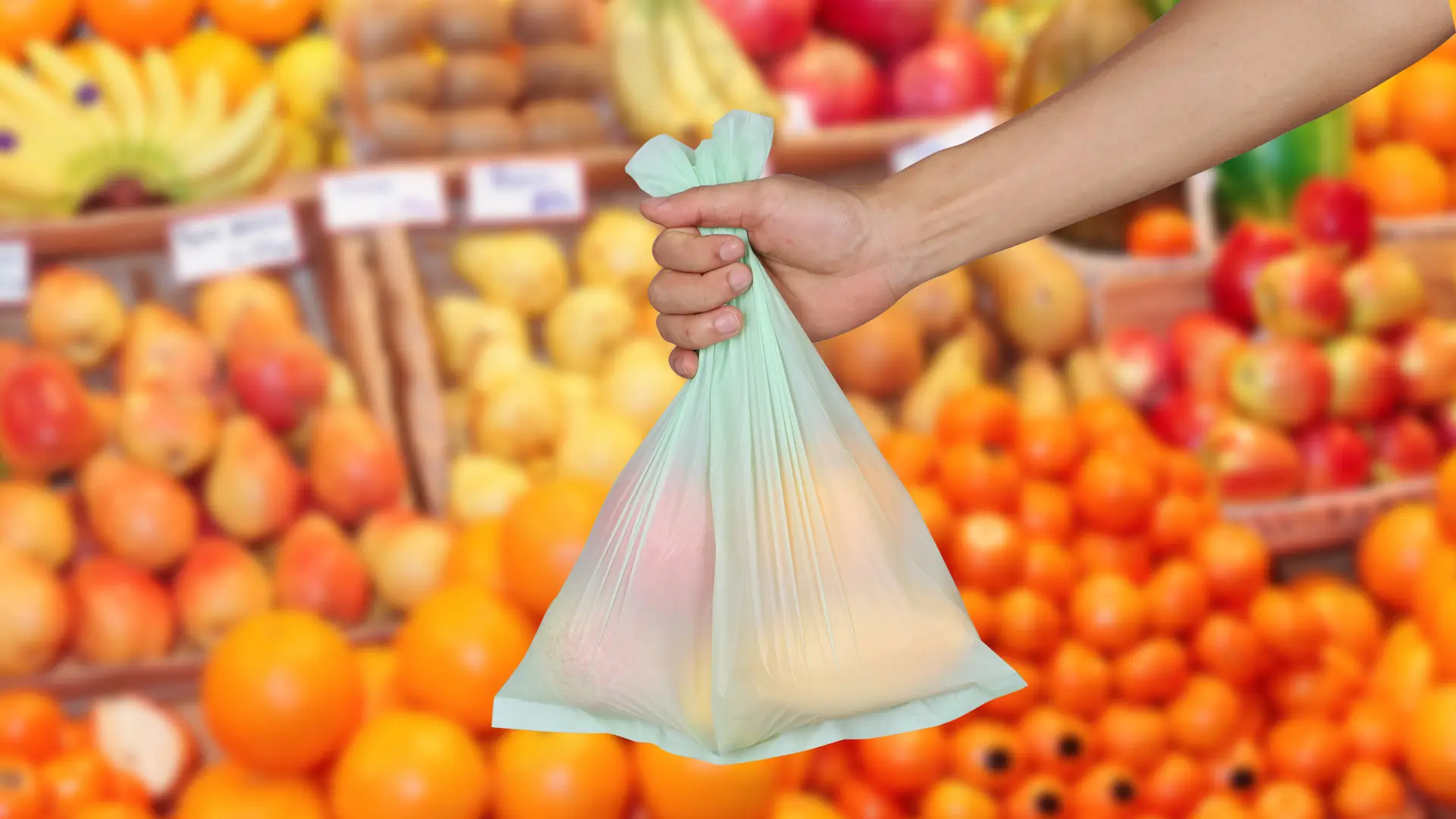
Choosing the Right Compostable Produce Bags
If you want to enhance your brand with compostable bags for your food business, choosing the right ones is crucial. To make an informed choice, consider the following factors and tips:
Factors to Consider
- Bag size and shape: The appropriate size and shape determine the volume and quantity of contents. Choose a bag that suits the size and shape of the produce.
- Material thickness and strength: The material’s thickness and strength influence the bag’s load-bearing capacity. Ensure the bag is durable enough to withstand handling and transportation.
- Ventilation and breathability: Preserving fresh fruits and vegetables relies on proper ventilation and breathability. Compostable fresh-keeping bags should have the necessary ventilation and breathability performance to maintain freshness.
- Price and availability: When purchasing compostable bags in bulk, consider the price and availability. It is recommended to find a reliable wholesale supplier or manufacturer to request a reasonable price.
Tips for Selection
To ensure you choose the right compostable produce bag for your needs, consider these tips:
- Identify the produce type: Determine the type of produce you’ll be packaging, as this will influence the bag’s size, shape, and material requirements.
- Evaluate performance: Request test videos or reports to assess the bag’s durability and compostability.
- Verify certifications and labels: Check for certifications and labels to guarantee the product’s authenticity and quality.
Challenges and Future Outlook
While compostable produce bags offer significant environmental benefits, there are still challenges to overcome:
-
Cost and Availability
The initial cost of producing compostable bags is higher due to the limited availability of raw materials and complex technology. As a result, they may not be readily available in all regions.
-
Consumer Education
While consumer awareness of compostable bags and composting is growing, many still lack knowledge about proper composting practices. To drive adoption, collaboration between manufacturers, retailers, and consumers is crucial.
Despite these challenges, the future of compostable produce bags is promising. As consumer awareness of sustainability grows, demand for eco-friendly packaging options is expected to increase. Additionally, there is potential for advancements in compostable packaging technology through the collective efforts of all stakeholders.
Conclusion
Compostable produce bags are revolutionizing the way we store and transport fresh food. They help reduce environmental impact, maintain optimal food freshness, and increase customer loyalty. By understanding the benefits, challenges, and applications of these innovative products, businesses can make informed decisions and drive positive change.
While there are current challenges, the future of compostable produce bags holds significant promise. As consumer awareness of sustainability grows, we can expect advancements in compostable packaging technology.
By transitioning to sustainable biodegradable produce bags, you can contribute to a greener future.
If you’re running a supermarket, grocery store, or food business and need eco-friendly fruit and vegetable bags to enhance your brand and build customer trust, ShinHigh Bio compostable bags may be the ideal solution. Please feel free to contact us for your fresh food packaging requirements.

